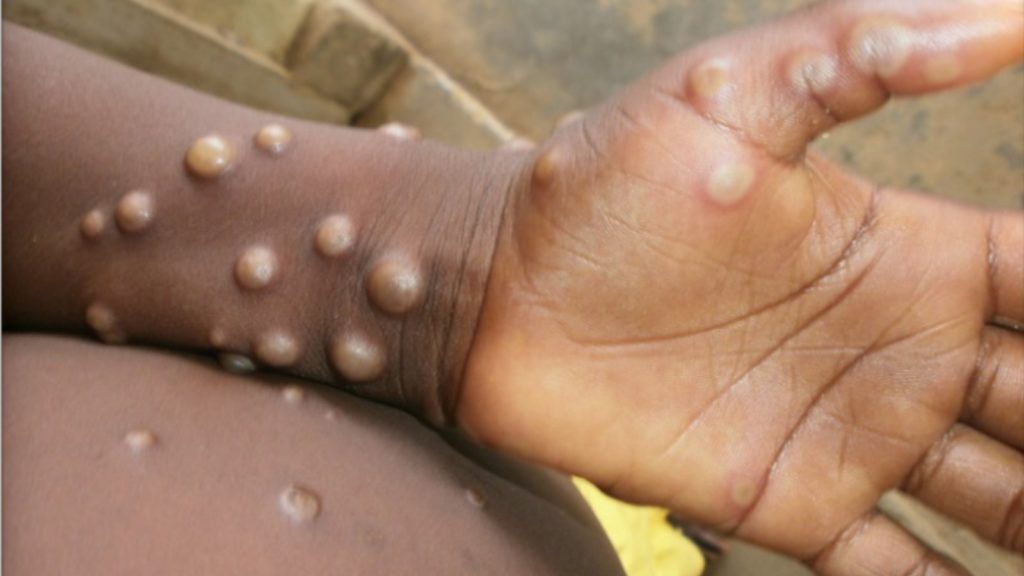Health Correspondent
Zimbabwe has strengthened its disease surveillance systems at all entry points to effectively respond to the Mpox virus, which has been detected in over 10 African countries, including the Democratic Republic of Congo, Rwanda, Uganda, and South Africa.
Although Zimbabwe has not yet recorded a case, the country is taking proactive measures to prepare for a potential outbreak.
Public Health Advisor to the President, Dr. Agnes Mahomva, emphasized the importance of a robust disease surveillance system, stating,
“We have continued to strengthen our disease surveillance at all ports of entry and are therefore ready for any eventuality.”
Zimbabwe’s enhanced surveillance system builds upon the country’s experience with COVID-19, during which disease surveillance and epidemic control were key response strategies. Dr. Mahomva noted,
“We specifically worked tirelessly to strengthen our disease surveillance system in schools and at all ports of entry, working collaboratively with all stakeholders.”
The World Health Organization (WHO) defines Mpox as an infectious disease caused by the monkeypox virus (MPXV), with two known clades: clade I (previously called the Congo Basin clade) and clade II (previously called the West African clade), which includes subclades IIa and IIb.
The Mpox outbreak in the Democratic Republic of Congo has reported nearly 14,000 cases and 450 deaths this year, with sexual transmission in adults being a major driver. The virus has also spread to urban areas, reaching Goma, a city of over 2 million people in DRC’s North Kivu province, which borders Rwanda.
In contrast, the milder variety of Mpox, clade 2, has spread mainly among men who have sex with men (MSM), infecting nearly 100,000 people in 116 countries, with a case fatality rate of 0.2%. A rollout of Mpox vaccines and aggressive disease surveillance in MSM communities has helped slow the spread.
Dr. Mahomva assured that Zimbabwe’s Ministry of Health and Child Care is closely monitoring the situation, following WHO guidance and local data and science. The country’s preparedness measures demonstrate its commitment to protecting public health and preventing the spread of infectious diseases.
Zim GBC News©2024


